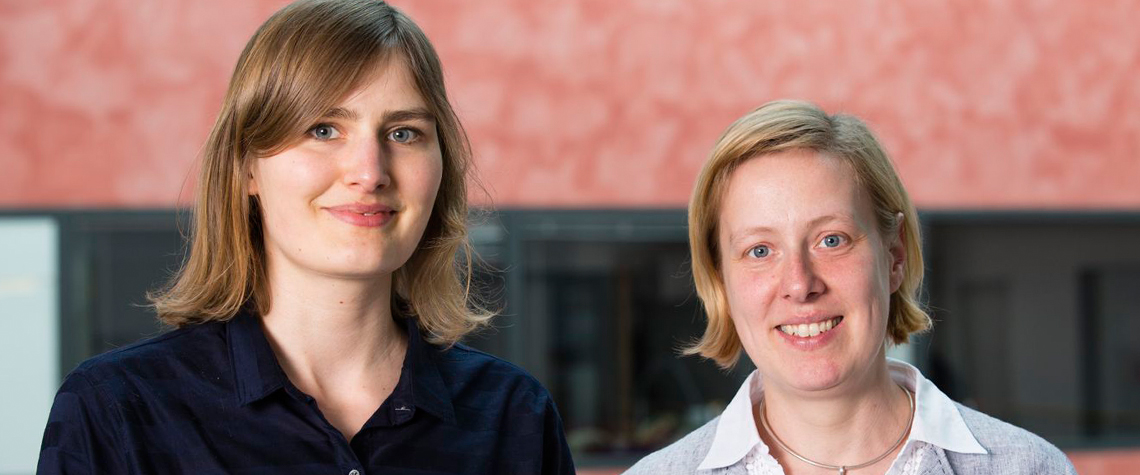Questions & Answers

Q: What does it mean to participate in a study?
A: Both our cohorts use addresses obtained via the registration offices (after ethical review and permission), participants are contacted via mail and invited to participate. In other studies, participants are often approached in outpatient clinics. Participants contribute their time and information mostly for the benefit of research and the society, only a small contribution to their expenses is paid. We use staged informed consents, i.e. each participant can choose to consent to contribute the sample for genetic analyses of the disease of interest, or in addition for research on other diseases (as control), and can choose to consent that the sample may (anonymized) be made available to researcher with whom we collaborate. Almost all participants allow us to use their sample for research on different diseases and share them with other researchers. We are extremely grateful for these invaluable contributions.
Q: What do students do for their medical theses and why?
A: The medical thesis is a special requirement in Germany and unknown in many other countries. To become an “MD” the student has to pass medical school and all examinations, to then be called a “Dr.” the student has to demonstrate ability in research work under supervision – this is done with the thesis (“Dissertation”). A student will work in a research project, obtain and evaluate data, write a thesis from this work, defend the thesis and thus pass the German “Promotion”. In our research studies, students are invaluable members of the team, often taking large responsibility and being instrumental for the study’s success.
- Translational Neurogenetics
- Genetics of Rare Diseases
- Functional Genetics of Movement Disorders
- Integrative Omics in Parkinson Disease
- Neuropsychiatric Epidemiology
- Clinical Neurogenetics and Neuroimaging
- Mitochondrial function in movement disorders
- Institut für Systemische Motorikforschung
- Applied Stem Cell Biology